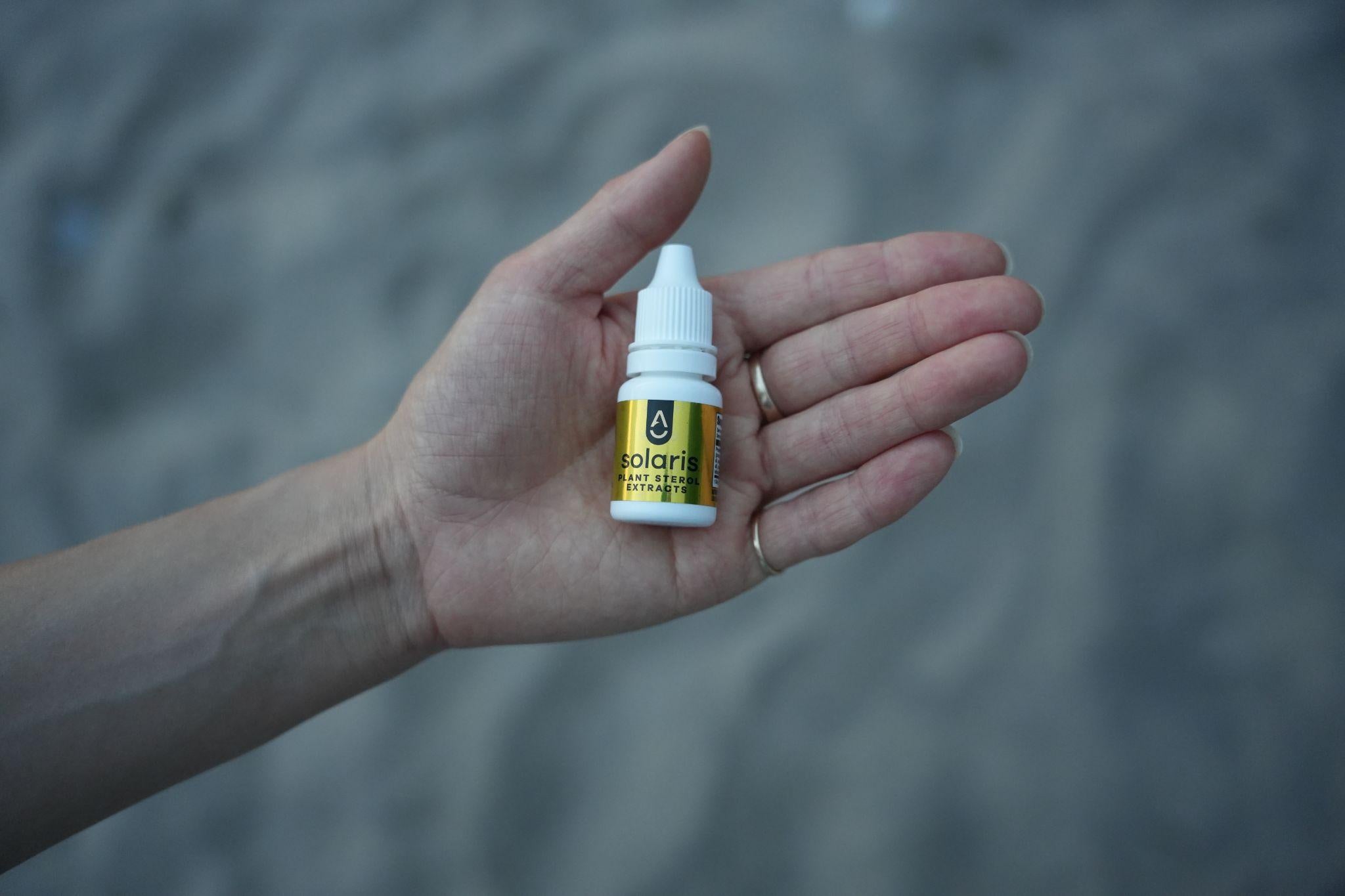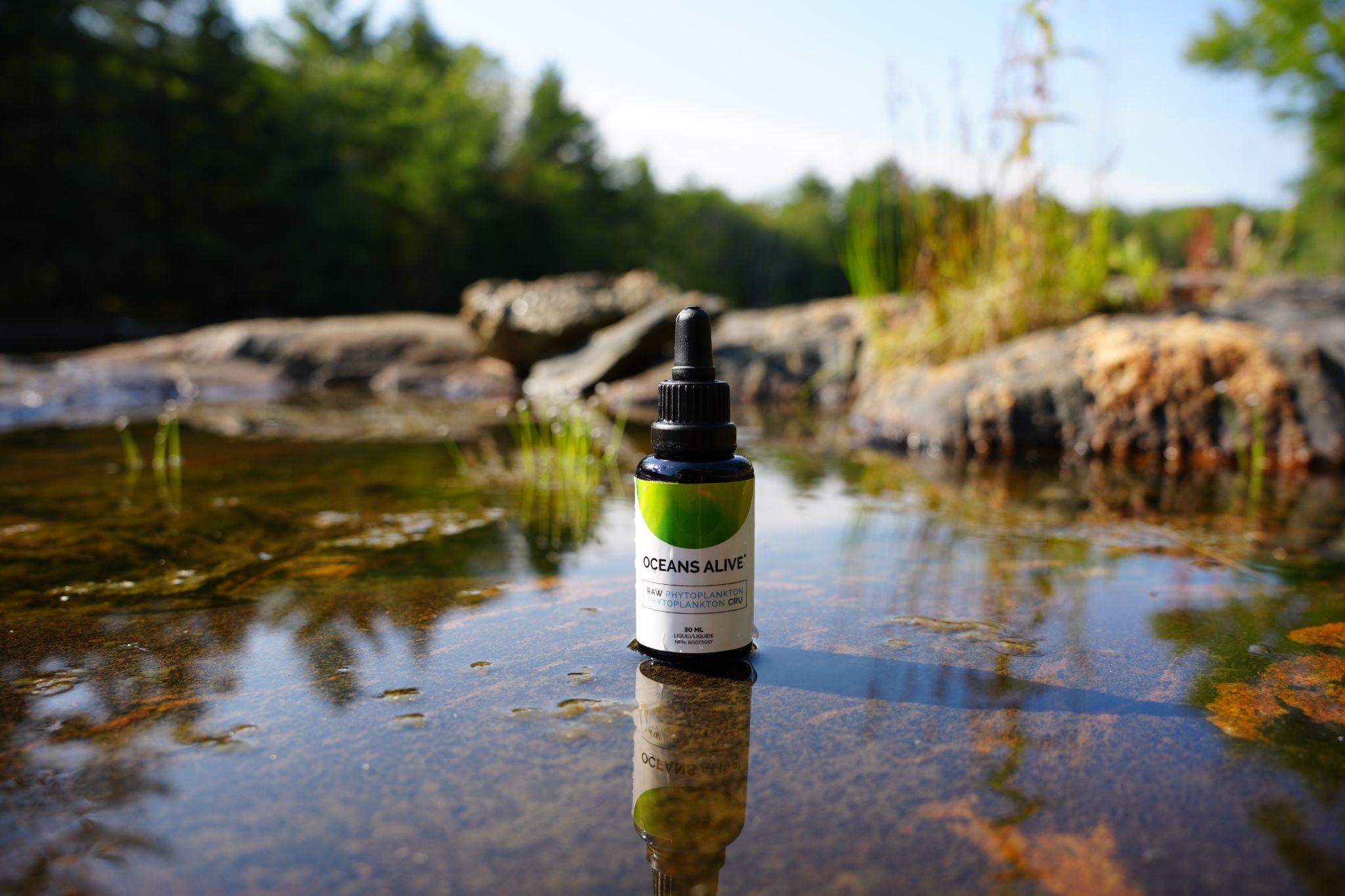Dementia and Alzheimer’s are major concerns as we age, often creating fear that memory loss and cognitive decline are inevitable.
But that’s far from the truth. With the right habits and understanding of how the brain functions, you can take steps to protect your brain and reduce your risk of dementia.

Understanding Dementia
Dementia isn’t a single disease—it’s an umbrella term used to describe various symptoms affecting memory, thinking, and social abilities.
Alzheimer’s is the most common form, affecting millions worldwide. While age and genetics can increase your risk, lifestyle factors play a critical role in brain health.
Step 1: Hydrate Smartly
As we age, the brain starts to shrink and dehydrate.
Drinking more water may seem like the solution, but as explained in the attached video, you need more than just water.
Adding unrefined sea salt to your water (1 teaspoon per liter) is key to ensuring your brain stays fully hydrated. This combination helps the body hold onto water and provides essential minerals that help the brain function at its best.
Proper hydration ensures your brain cells stay plump and healthy, reducing the risk of cognitive decline.
Not only does sea salt keep your brain hydrated, but it also helps your body produce clean, healthy blood. This improves circulation, ensuring your brain receives the oxygen and nutrients it needs to stay sharp.
By following this simple hydration method, you can potentially double your brain power over time.

Step 2: Nourish Your Brain with Antioxidants
Foods rich in antioxidants, such as berries, dark leafy greens, and nuts, protect your brain cells from damage caused by oxidative stress, which is linked to cognitive decline.
Antioxidants help neutralize harmful free radicals and reduce inflammation, both of which are essential for keeping your brain healthy as you age.
Step 3: Keep Your Brain Active
Mental stimulation is crucial for brain health.
Activities that challenge your brain, such as:
- Puzzles…
- Reading…
- Learning a new skill…
- Engaging in creative tasks…
…can help strengthen cognitive function and build up “brain reserves.”
These reserves delay the onset of dementia by keeping your mind engaged and flexible.
Step 4: Get Essential Nutrients
Your brain needs specific nutrients to function optimally.
Omega-3 fatty acids (found in fish oil) support brain structure and cognitive function, while magnesium enhances communication between brain cells.
Including these nutrients in your diet can support:
- Brain health…
- Reduce inflammation…
-
Promote clear thinking.
Final Thoughts
Cognitive decline is not inevitable, and taking proactive steps to protect your brain can help you avoid dementia and Alzheimer’s.
Staying hydrated the right way, eating antioxidant-rich foods, keeping your brain active, and ensuring you get essential nutrients are all powerful strategies to maintain brain health as you age.






Ease Joint Pain Naturally: 5 Proven Remedies for Inflammation (That Work FAST!)
Hydration Essentials: Why Water Alone Isn’t Enough To Keep You Optimally HYDRATED!